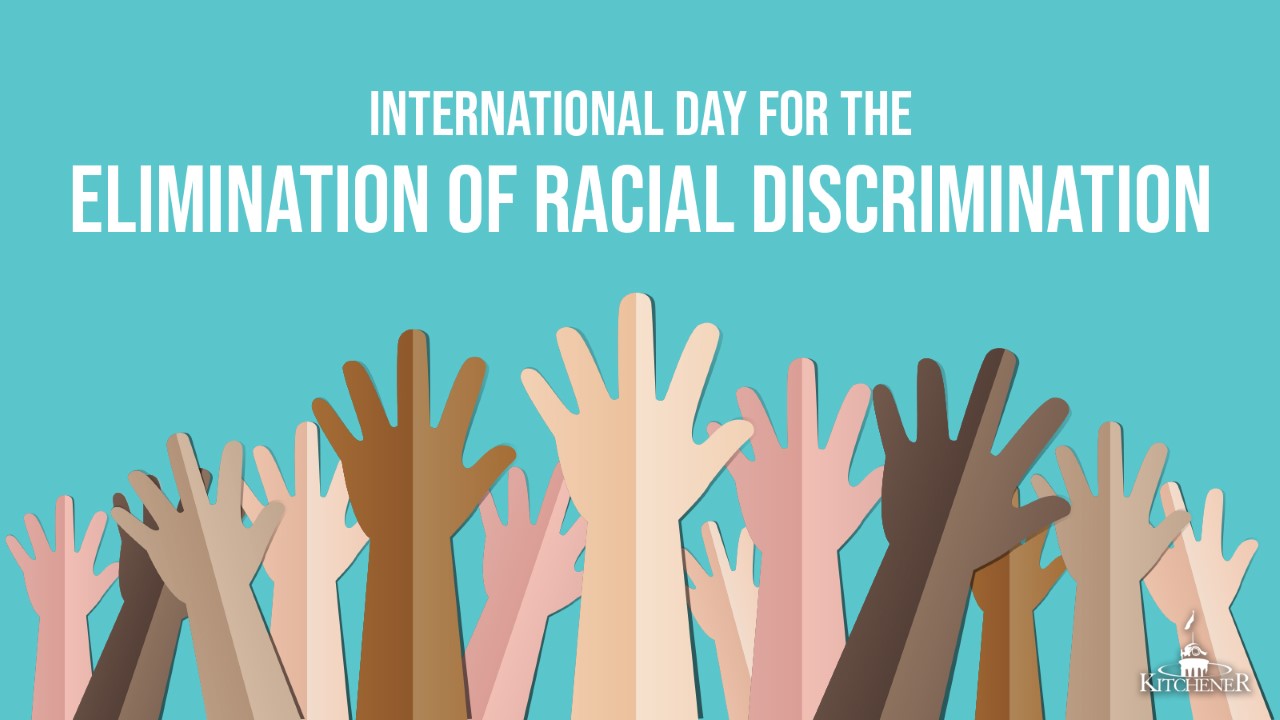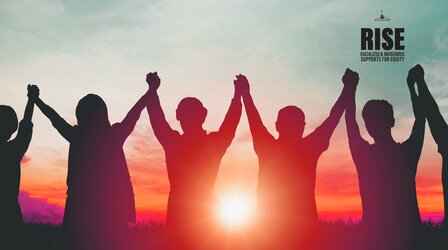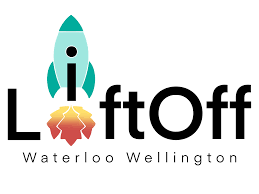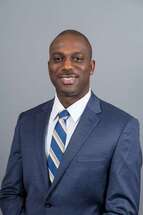Anti-Racism Day is March 21 - For Details, Click HERE
If you want to be an Anti-Racist Ally, but don't know where to start, Click HERE
For an Anti-Racism Resource List, Click HERE
Ontario Human Rights Commission Online E-Course on Racism, Racial Discrimination & Human Rights, HERE
EQUITY, DIVERSITY, INCLUSION, ANTI-RACISM, INDIGENOUS & SOCIAL JUSTICE INITIATIVES
The Summer of 2020 saw The Land Back Camp take place in Victoria Park and Waterloo Park to draw attention to and action on injustices on our Indigenous People. In the United States, tragic events involving George Floyd, Breonna Taylor and Ahmaud Arbery showed how racism's grip was so very strong and so very wrong. Canadians and Americans wanted change. This following report from National Public Radio summarizes what's been called The Summer Of Reckoning.
KITCHENER'S RESPONSE
Racism is not just an American thing. It exists in Canada. It exists in Kitchener. It was clear that things had to change and change now. Everyone should have the same opportunities. More voices need to be heard. Systemic Racism needs to be removed. Kitchener Council voted to Advance Kitchener's Work on Equity, Anti-Racism, Indigenous Initiatives & Social Justice Issues. It includes the the creation of a dedicated staff team, to provide senior level leadership and internal staff expertise in those areas. To view how we are responding, click HERE
The Rise Fund
Racialized And Indigenous Supports For Equity
Racialized And Indigenous Supports For Equity
Kitchener provides grants to support for community-led organizations, programs, initiatives or events that would help decrease inequities and increase opportunities and well-being for Black, Indigenous and Racialized communities in Kitchener. You can get the information on the RISE FUND and apply for it HERE
LIFT OFF WATERLOO WELLINGTON
Lift Off Waterloo Wellington is a collaboaration of The Caribbean Canadian Association of Waterloo Region with members of the vibrant entrepreneurial ecosystem of Waterloo Region and Wellington County to develop and deliver a new incubator and accelerator program for Black early-stage and growth entrepreneurs. You can learn more about Lift Off HERE
My fellow Councillor Ayo Owodunni hosts a Podcast called The Immigrant View.
Ayo and his guests share information for immigrants looking to maximize their potential in Canada.
To access his podcasts, click his image below
Ayo and his guests share information for immigrants looking to maximize their potential in Canada.
To access his podcasts, click his image below
Kitchener Council and City Staff have and continue to receive training on Anti Racism and Indigenous Issues. There is much work to do and it will be ongoing. Inspired by the training we have received, I searched for more information on Anti-Racism, I'd like to share some Podcasts that I have found very helpful.
Silence Is Not An Option, hosted by Don Lemon of CNN. You can find it HERE
Code Switch from National Public Radio. HERE
The ARCC (Anti Racisim Commitment Coalition) Of Change with Donzel Leggett HERE
World Trust Social Justice and Equity Building Movement has a great Resource Centre for learning HERE
I've also found a book called How To Be An Anti-Racist by Ibram X. Kendi very enlightening.
Silence Is Not An Option, hosted by Don Lemon of CNN. You can find it HERE
Code Switch from National Public Radio. HERE
The ARCC (Anti Racisim Commitment Coalition) Of Change with Donzel Leggett HERE
World Trust Social Justice and Equity Building Movement has a great Resource Centre for learning HERE
I've also found a book called How To Be An Anti-Racist by Ibram X. Kendi very enlightening.
Racial Equality Waterloo Region has an excellent webpage to help end racism and discrimination. There are lots of resources to help you learn about the issues and make our community a welcoming and anti-racist community. You can find it HERE



